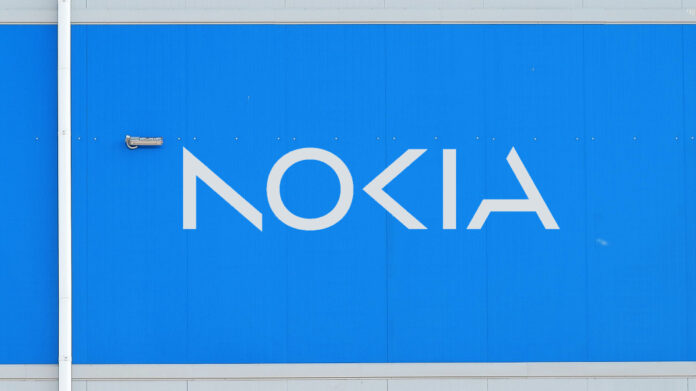Nokia noted that there is a growing interest in FWA in India
Finnish vendor Nokia expects a rapid increase in the adoption of private 5G networks in India from the second half of 2024, Indian newspaper The Economic Times reported.
“You will see some early adopters this year, and then I think by the second half of 2024, there will be a big growth in the enterprises,” said Sanjay Malik, head of the India market for Nokia.
“My belief is that the benefit is definitely there. From an ecosystem perspective, telcos and application providers are important. Whatever an enterprise requires, to give them a custom-based solution it is just taking that initial time to get the whole thing together,” Malik said.
The executive also told the Times that enhanced mobile broadband (eMBB) and fixed wireless access (FWA) are expected to be among the earliest use cases of 5G technology in India.
“Overall data capacity is something which should be seen as one of the use cases. We do talk about 5G device prices, and penetration is pretty limited as of now. But that’s where I would say the ecosystem has been working well. 4G was successful because the ecosystem worked jointly. The same will happen with 5G. Secondly, FWA is being spoken about quite a lot,” he added.
Earlier this year, India’s Department of Telecommunication (DoT) had reportedly decided that it will not directly allocate 5G spectrum to enterprises for the deployment of private 5G networks.
The report said that the DoT is now against direct allocation of frequencies because it believes it is not feasible under the current legal framework. In March, India’s Attorney General R Venkataramani had advised the DoT to prioritize auctions for 5G spectrum.
This new decision goes against DoT’s initial guidelines on private networks that were released in 2022. These guidelines stipulated that firms looking to set up their own private networks could lease 5G spectrum from telecom operators or get it directly from the DoT—as opposed to such spectrum being auctioned.
Local carriers had expressed their opposition to these guidelines, following which DoT consulted the Attorney General, who said that auctions are the preferred mode of allocating resources like spectrum.
The potential direct allocation of spectrum to enterprises for the deployment of private networks has been a source of tension between technology firms and telecom operators.
The Cellular Operators Association of India (COAI) had told the Indian government that local carriers will not have incentives to deploy 5G networks if authorities allow private companies to run their own private 5G networks.
The COAI, which has local operators Bharti Airtel, Reliance Jio and Vodafone Idea as some of its key members, had previously sent a letter to India’s Communications Minister Ashwini Vaishnaw stating that there is “no business case for the roll out of 5G networks” if the government finally approved the possibility for local enterprises to deploy and operate their own 5G networks.

